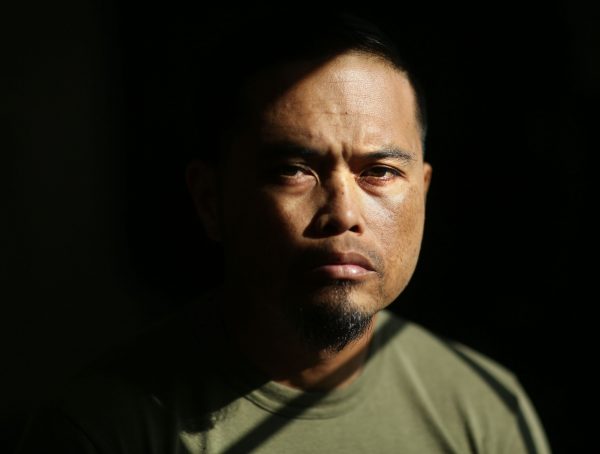 I love reading what other journalists have to say about their work and sharing their insights here, but sometimes I find myself in a bit of a quandary. What to make of this comment? “You’re in the wrong job if you think that political journalists can or should be entirely up-front and open in their methods. Sneakiness comes with the territory.”
I love reading what other journalists have to say about their work and sharing their insights here, but sometimes I find myself in a bit of a quandary. What to make of this comment? “You’re in the wrong job if you think that political journalists can or should be entirely up-front and open in their methods. Sneakiness comes with the territory.”
So says Laurie Oakes, political editor of Australia’s Nine Network, in a media lecture that’s full of interesting stuff. His comment struck me, in part, because I’d just finished reading a Q-and-A in SPJ’s Quill Magazine with ProPublica’s Jesse Eisinger, winner of the 2011 Pulitzer Prize for his series on “The Wall Street Money Machine.” Eisinger was asked how he overcomes roadblocks when people don’t want to talk to him.
I’m very clear and up front with people, and I lay out what I’m working on very clearly to them. I have an excess of disclosure and explanation of what I’m doing with them to reassure them that I’m serious and careful. And I think that persuades people. I think that they have a bad idea of what journalists are up to, and if you emphasize and then show them that you are extremely careful and you want to be fair and accurate, I think that builds trust with them even if they know that you’ve got evidence of things that don’t make them look good.
Sneaky, Eisinger is not. But is it ever OK for a journalist to be sneaky? It probably depends on what you think that term means. As far as Oakes is concerned, he says he was being sneaky when he asked a question of a source that appeared to be based on hard information but was really just conjecture about a pending appointment.
“When will Gair take up his diplomatic post?” Shocked silence at the other end of the line. Then: “How did you know about that?” Bingo. Sure it was subterfuge, but subterfuge in the public interest.
That doesn’t strike me as underhanded. He’d identified himself as a journalist and was just fishing for information. So if that’s the definition of sneaky, I guess I’m for it. How about you?








